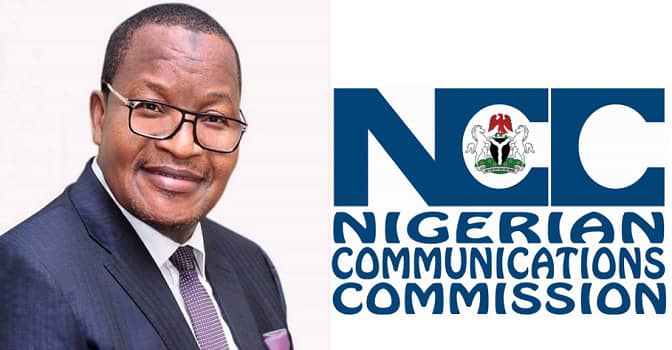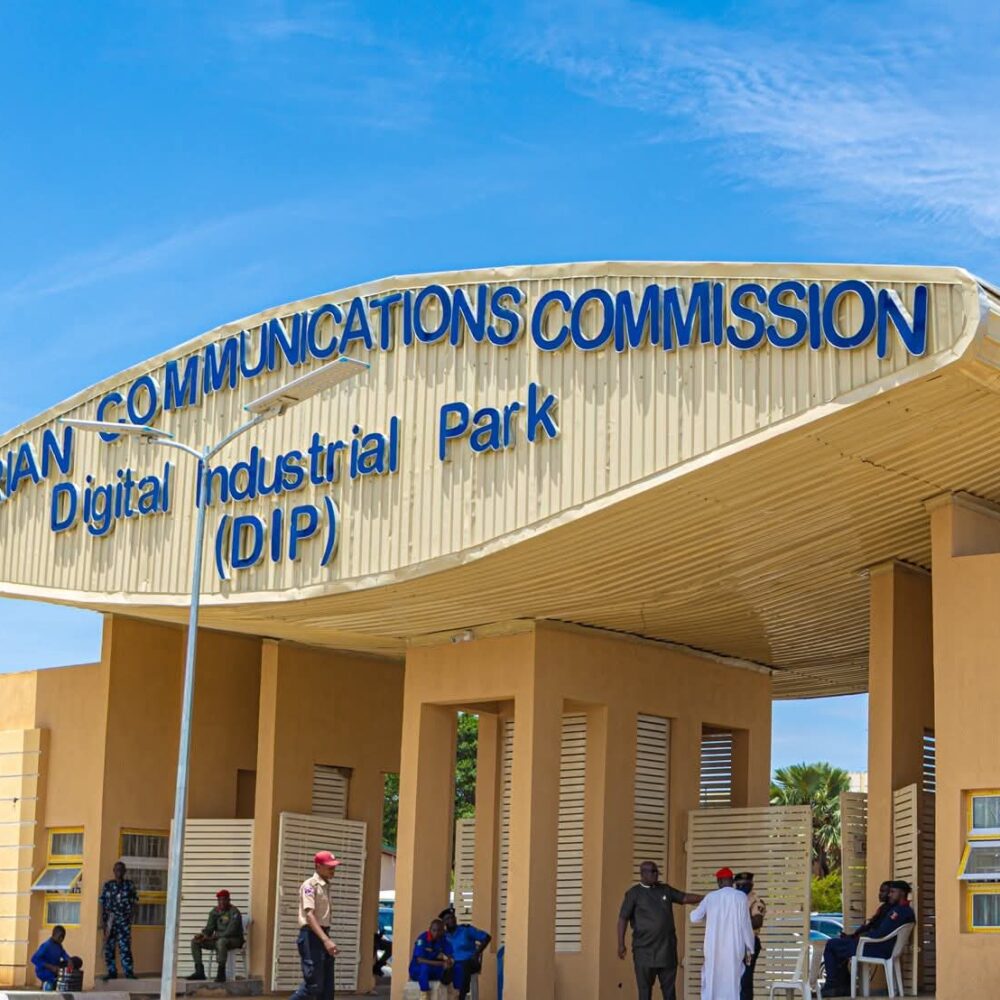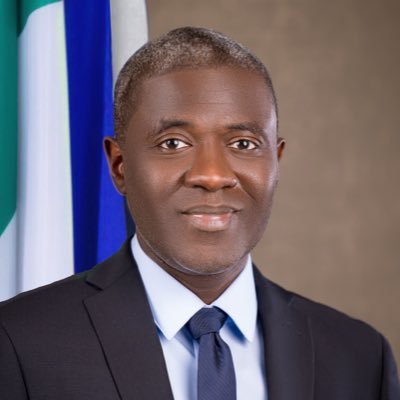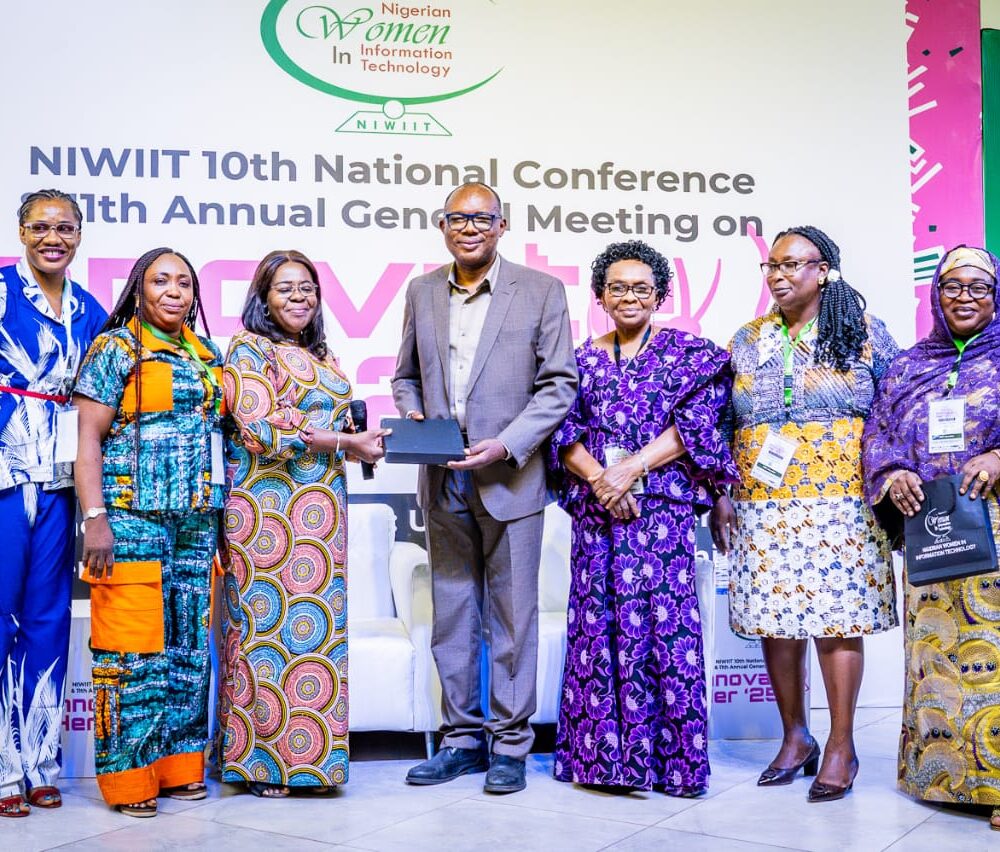Stakeholders in the telecommunication sector have said the recent move by the Nigerian Communications Commission (NCC) to open up licensing for independent Mobile Virtual Network Operators (MVNOs) has the potential to spark a rush of digital innovation.
They stressed that the MVNO race has become one-of-a-kind laboratory for creating innovative mobile communications products and infrastructure models, while businesses around the world are watching closely to learn what the market will adopt, and where they should be investing their development budgets in the years to come.
According to them, the new licensing framework in Nigeria is creating a unique competitive environment, one that will help industry analysts better assess what business and marketing approaches will be most effective in the modern age of mobile communications, Internet of Things (IOT) and Artificial Intelligence (AI).
Chief Executive of PortaOne, a software company that provided billing and operations platforms for service providers, Andriy Zhylenko, said: “Because business conditions will be the same, it will be easier to see the effect of different variables .”
Zhylenko noted that the Nigerian experiment could also help drive the development of the next wave of communications technologies, helping to define the future of the industry in the rest of Africa and potentially across all emerging economies.
“It’s a unique opportunity to see how different technologies will play out in terms of providing access to more advanced and more affordable communications services. MVNOs tend to be early adopters of new, more adaptable and affordable technologies that need less hardware, and even less coding expertise.
“There has long been a traditional telecom way of doing business, where you buy closed ‘black box’ technology from a major vendor, and that technology tells you how you can run your business,”
“But the MVNOs that are launching under the new Nigerian licensing framework are part of a new breed of company that is looking for operational approaches that are as independent and flexible as they are”.Zhylenko explained.
Zhylenko also urged MVNO businesses looking for more ways to integrate themselves into the daily lives of their customers as a way to give them more reasons to stay – or at least to make it more difficult to leave.
“It’s very easy to swap your current SIM card for a new one if you see a cheaper rate, but it’s a lot less easy if that would lose you access to a bunch of free streaming services, or to a micro-loans service, or if you have integrated their ‘Internet of Things’ connectivity into your home,” he concluded.
For the Managing Director, Brussels-based Wireless Technology Labs (WTL), Satya Mekala, access to affordable, reliable infrastructure has been a challenge for both businesses and consumers in the African market.
In Mekala’s view, the new licensing framework is a huge opportunity to deliver better connectivity platforms and hardware solutions that are designed for remote regions.
“The rural telecom licenses that the NCC has given MVNOs from tier three and above will drive investments to connect more of the country.
“This will certainly be beneficial to the Mobile Network Operators, Mobile Virtual Network Operators and also to these local communities,” he added.
The Guardian






